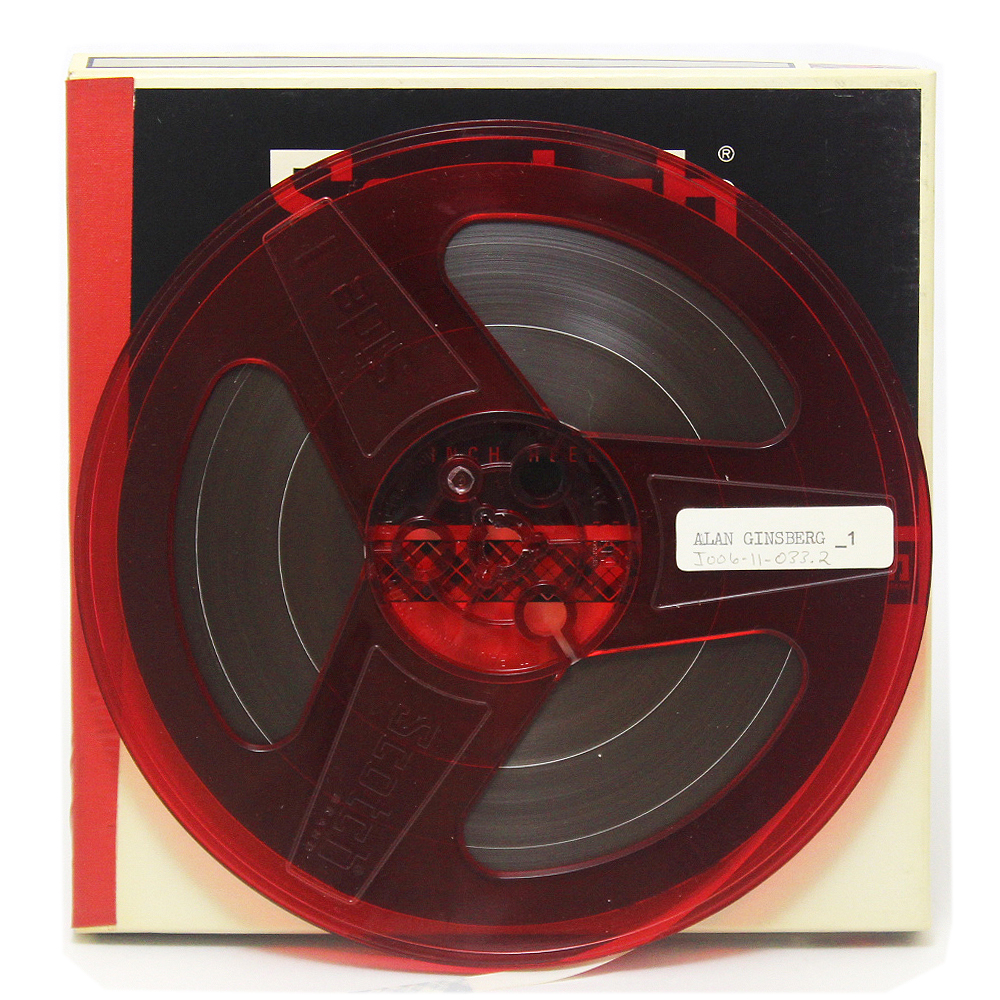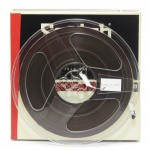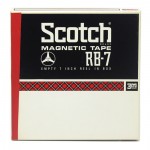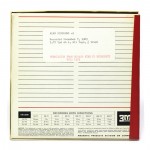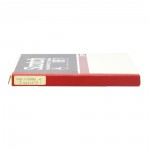Allen Ginsberg at SGWU, 1969, Part 1
Annotation
00:00:00.00
Recording begins with live music - Hare Krishna chant led by Allen Ginsberg, several accompanying singers and audience can be heard singing along. Tabla drums, harmonium, cymbals. The song ends with a chant led by a single voice off-mic, to which the group responds in unison "Jai Krishna." Muttered comments can be heard in unknown language, possibly Hindi.
Annotation
00:16:38.46
Cut/Edit made in tape--moves from musical presentation to reading. Unknown amount of time elapsed.
Introducer – George Bowering
00:16:41.36
Welcome to the...welcome to the fourth—third week of the fourth series of our readings here at Sir George and this one is a special one, partly in that it was, it is being presented by a combination of the daytime Arts Student Association and the Evening Arts Student Association, and not simply on the normal schedule. I'm certain that you don't have to be told who Allen Ginsberg is, and you might think on how lucky it is that you happen to be in Montreal and he is here at the same time. Last night he was at York University in Toronto, and tomorrow he's going to be in Ottawa, and we're going to sap an awful lot of his energy. Allen is, I think, the most noted poet we've had over the last couple of decades, in the world, and as you're going to find out and as you already know, one of the super-poets in terms of writing poetry, as well. I'd like to give you, without any more cogitation, Mr. Allen Ginsberg. [Applause]
Allen Ginsberg
00:18:23.45
George Bowering, who I've known a long time, asked me to read a poem that I haven't read through but once before, called "Angkor Wat." So I'll try that. It's middle-sized, like, ten minutes, probably. What it is, is notations taken down in the course of one night in Cambodia, in Siem Reap, which is outside of Angkor Wat, a town outside of the ruins.
Annotation
00:18:55.20
Cut/Edit made in tape - unknown amount of time elapsed.
Annotation
00:18:56.00
Reads "Angkor Wat"
Annotation
00:41:28.71
Ends reading of "Angkor Wat" with the line: "June 10th, 1963, Siem Reap, Cambodia."
Annotation
00:41:37.86
Cut in tape - audience applause cut off, silence for approx. 8 seconds on tape.
Allen Ginsberg
00:41:45.85
I want to read a couple poems from a book published in Toronto by Anansi Press, or one poem from that. This is written in Saigon, so it's about a week, yes it's about...the same week, I think. Oh this is...a week before.
Annotation
00:42:19.93
Reads “Understand That This is a Dream”
Annotation
00:49:28.10
Sudden cut/edit in tape; silence on recording for approximately 8 seconds.
Allen Ginsberg
00:49:36.25
I've been working on Blake's Songs of Innocence and Experience, making tunes, or tuning the songs, so I'd like to sing some.
Annotation
00:49:48.85
Tunes and plays harmonium-style instrument. Plays and sings "Piping down the valleys wild"
Annotation
00:51:20.89
Ginsberg holds chord from last song and begins "How sweet is the shepherd's sweet lot"
Allen Ginsberg
00:52:30.38
Singing them in the order in Experience, that they're in the book, what follows is "The Echoing Green"
Annotation
00:52:40.24
Plays and sings "The Echoing Green"
Allen Ginsberg
00:54:29.45
“The Little Boy Lost" and "The Little Boy Found".
Annotation
00:54:41.90
Plays and sings "The Little Boy Lost" and "The Little Boy Found"
Annotation
00:56:14.04
Plays and sings "The Blossom"
Allen Ginsberg
00:57:16.21
From Experience, the first song is "Hear the Voice of the Bard"
Annotation
00:57:22.50
Plays and sings "Hear the Voice of the Bard"
Allen Ginsberg
00:59:26.44
And the last song in Experience...
Annotation
00:59:33.08
Plays and sings "Youth of delight, come hither"
Allen Ginsberg
01:00:47.46
And last from Innocence, "The Laughing Song"
Annotation
01:00:50.95
Sings and plays "The Laughing Song"
Annotation
01:01:48.50
Applause concludes this sequence of songs/ END OF RECORDING.
